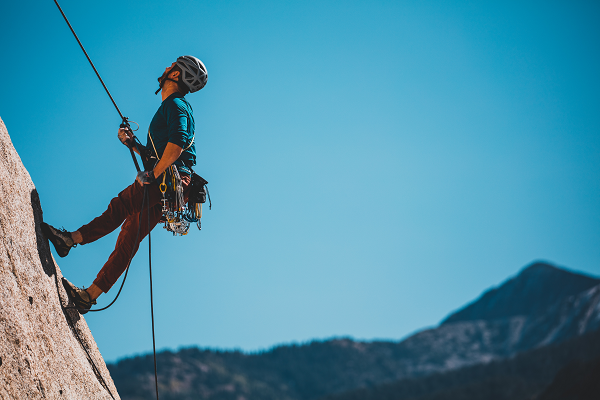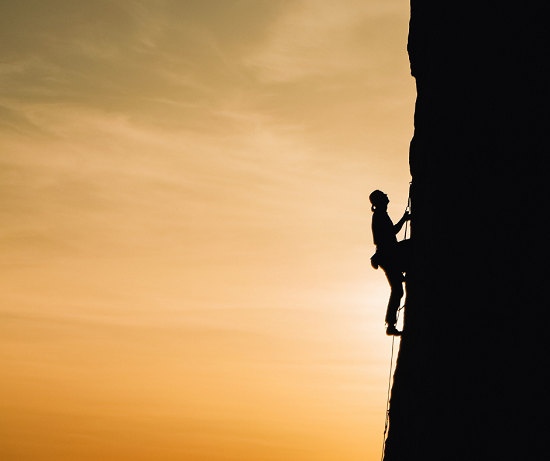News & Tips
Rock Climbing Injuries – Sydney City CBD

Rock Climbing is a very exciting sport that is increasing in popularity in recent times. There are indoor gyms opening up all over Sydney and plenty of outdoor sites to climb around Sydney as well. The benefits of rock climbing are significant, such as increased strength, increased mobility, skill development and enjoyment.
Like any sport, there are risks of injury. At Macquarie Street Physiotherapy we can treat these injuries and more importantly give you the skills and habits to prevent injuries in future, so that you can climb for many years to come.
What sorts of injuries do climbers typically get?
Finger injuries top the list, the most common of these being a pulley injury. Here one or more of the pulleys holding the finger flexor tendon can strain or even rupture, which can be quite painful and requires specific rehabilitation. Other common injuries are shoulder impingement syndrome, SLAP tears, tennis elbow or golfers’ elbow, though the list does not stop there.
Injury rehabilitation
Most injuries can be rehabilitated conservatively, though in some instances surgery may be required. Usual healing times for injuries are between 4 and 12 weeks, but some significant injuries may take up to a year to fully rehabilitate.
At Macquarie Street Physiotherapy we follow the Rock Rehab protocol. There are four main steps to recovering from an injury. Firstly, we unload the damaged structure – by using a splint, brace, or sports tape, and/or modifying the climbing you are doing. Secondly, we aim to restore the mobility of the injured and surrounding tissues, through joint mobilisation, exercise, massage, dry needling and other techniques. Next, we build strength, eventually allowing a return to unrestricted climbing. Once back to full activity we can provide a maintenance program, to prevent further injuries later down the track.
Of course, every injury and individual is unique and so management will be tailored to the specific circumstances presented.
We wish you the best in your climbing endeavours – and will maybe see you on the wall one day!

RECENT POSTS & TIPS
- Vesticam Infrared Video Goggles
- Hip Strengthening for tendinitis/bursitis
- SoleMate Review
- Rock Climbing Injuries - Sydney City CBD
- Fall prevention - exercises to prevent broken hips
- Stress Urinary Incontinence
- New physio - Kate Armstrong
- Runners Exercises
- How to strengthen your knees
- Senior Fitness - Sydney City CBD








